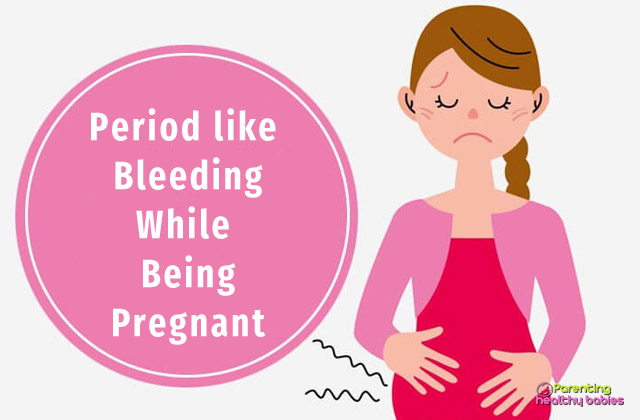Prenatal vitamins provide the building block that the body needs to grow and develop a healthy human. While these vitamins are good in moderation, there are side effects associated as well.
What are Prenatal Vitamins?
Prenatal vitamins are specific crucial nutrients that are recommended to be taken in the form of supplements, preferably even before trying to conceive. These ensure that the right amount of vitamin is present in the body during pregnancy. Taking prenatal vitamins is especially crucial for women with dietary restrictions, health issues, or pregnancy complications. This is something that should not be avoided to ensure the proper health of the mother and baby.
Why Take Prenatal Vitamins?
They contain vitamins along with minerals and other nutrients the body needs for growing. As it’s not always possible to eat the best variety of food, it is important to have prenatal vitamins. During pregnancy, with nausea and vomiting, it becomes even more important. For the growth and development of a baby, it is needed as it helps in a healthy spinal cord and nervous system.
Common Side Effects of Prenatal Vitamins
Some common side effects of these vitamins are also common side effects of pregnancy. This means that sometimes these vitamins cause hiccups and one might not know. These side effects can worsen in pregnancy. The common side effects are –
Digestive discomforts
These vitamins include iron because the body needs this mineral to make lots of red blood cells to carry oxygen to the mother and baby. While iron gets the blood flowing, it can clog up the digestive pipes a bit. Along with constipation (a very common complaint) might have other gut-related side effects like stomach cramps, upset stomach, bloating, gas, hard or small bowel movements, tarry, or dark-colored bowel movements.
Skin and hair changes
They can cause hair loss, skin dryness or peeling, skin itchiness, and vitamin e, which causes easy bruising and skin rash.
Other aches, pains, and changes
Iron, calcium, iodine, and other minerals in prenatal vitamins can sometimes cause side effects like hives, stomach bleeding, teeth staining, muscle weakness. These minerals can also be fully or partially responsible for some effects that are also common in pregnancy like sore teeth and gums, stomach irritation, fast or uneven heart rate, urinating more often, not being able to focus, confusion, appetite loss, more mouth-watering.
Other side effects that can happen during pregnancy may be made worse by prenatal vitamin side effects. These include headache, pain in the back and muscle, joint pain, dizziness, strange or unpleasant taste in the mouth, dry eyes, blurred vision, and unusual tiredness.
Taking too many prenatal vitamins can be dangerous.
Treatment
Ask the doctor about the best prenatal vitamins. Tips to reduce or avoid side effects from these vitamins are –
- Take these vitamins regularly and in the exact prescribed dosage.
- Avoid taking other multivitamins, vitamins, supplements, or herbal remedies while taking prenatal vitamins and especially during pregnancy.
- Don’t take these vitamins on an empty stomach, instead take them with food or after a meal.
- Drink a full glass of water to wash down this vitamin.
- Swallow the vitamin whole. Do not chew, cut, break, crush or open a prenatal vitamin.
- Add more fiber to the diet like whole grains, oats, and fresh fruit and veggies.
- Add natural prebiotics and probiotics to the diet like yogurt, bananas, and onions.
- Ask the doctor about taking other supplements that ease constipation like fish oil and prebiotics.
- Try a prenatal vitamin with less iron in it.
Conclusion
Prenatal vitamins are very important for a healthy pregnancy and baby that is why doctors recommend taking these. These can sometimes cause minor but annoying side effects and worsen the pregnancy. Consult the doctor for proper consumption of the prenatal vitamin, knowing both uses and side effects.
References –
- https://www.ncbi.nlm.nih.gov/pmc/articles/PMC7071347/
- side effects of prenatal vitamins: what they are & how to treat them (healthline.com)













